
Transcription
High Court Factions Disagree on Extent of Police Action in Investigative Stop
Majority: Forced Placement in Police Car Need Not Be 'Arrest'
BY MICHAEL A. RICCARDI
Of the Legal Staff
The state Supreme Court, in a rare split decision affirming a death sentence, last week handed down a ruling that extends police freedom of action under the "investigative stop" doctrine and narrows the courts' understanding of the term "arrest" in criminal procedure.
The majority ruled that evidence seized from a suspect did not have to be suppressed since it was not taken while the person was under an illegal arrest, even though he had been forced into a police car while officers investigated his identity. But dissenters, led by Justice Russell M. Nigro, insisted that an unlawful arrest had taken place and that there is no right to hold a person while looking into that person's identity.
In Commonwealth v. Gwynn the high court upheld a sentence of death and a tacked-on sentence of 30 to 60 years for arson and aggravated assault. Daniel Gwynn Sr. was a former squatter who re-entered the apartment where he had lived and punched out the opponents before threatening them. The next morning the apartment building burned down, and one of the occupants died in the blaze.
Gwynn was convicted of first degree murder and the jury handed down a death sentence, finding that aggravating circumstances outweighed the mitigating circumstances.
The defendant challenged the verdict by arguing that physical evidence of the arson should have been suppressed. Specifically, the court should have declined to receive evidence that Gwynn was carrying five cigarette lighters and several matchbooks on his person and two lighters and more matches in a knapsack.
The evidence was taken from Gwynn when he was stopped in the early morning hours of a day 11 days following the apartment fire.
The court factions in the case disagreed hotly over what constitutes an arrest, with the majority saying that it was not an arrest when a police officer forced a suspect into his squad car during an investigative stop, and the minority saying that the police action was an arrest.
Gwynn was stopped in a "high crime area" where a burglary had been reported, while he was carrying a knapsack "with something sticking out of it."
The police officer who made the stop believed Gwynn looked suspicious, asked him for identification and was told that it was in the knapsack. While Gwynn was being frisked, the officer said he made head movements indicating an intent to make a break for it. The officer then stuffed Gwynn into his police car, eventually handcuffing the suspect when he tried to escape the car.
It was then that the police became aware of five outstanding bench warrants and arrested Gwynn. The search was made at the station house and was incident to the arrest. At the police station, Gwynn also made a partial confession.
The majority, in an opinion written by Chief Justice John P. Flaherty, said that the search was made subsequent to a lawful arrest on the outstanding bench warrants and there was no "fruit of the poisonous tree" to suppress.
In so holding, the majority rejected the position that Gwynn was illegally detained in the police cruiser before his lawful arrest.
Defense counsel on appeal argued that the in-car detention tainted the statements taken by police during the investigative stop, as well as the station house confession. During the investigative stop, Gwynn told police that detectives had visited his home in connection with a homicide case, but Flaherty said that since the statement was made during a "custodial interrogation" it did not have to be suppressed even though it was made before any Miranda warning was given.
The confession was given by Gwynn after he had heard his Miranda rights, Flaherty pointed out, and after the arrest on the bench warrants.
"Once a lawful arrest was made, the alleged prior taint of the earlier detention was erased, particularly in light of the number that elapsed from the original stop", wrote Flaherty.
But Nigro said the police officers needed probable case that a crime had been committed by Gwynn before placing him in the police car.
"However, when [Gwynn] was placed inside the car, he was not engaged in any act that would cause a person of reasonable caution to believe that he committed a crime", Nigro wrote. "The report of a burglary and the officer's belief that [Gwynn] looked suspicious did not justify arresting [Gwynn]."
The police were not free to detain the subject while investigating his identity, said Nigro, arguing that once Gwynn was able to produce identification, he should have been let go.
The eventual lawful arrest based on the outstanding bench warrants, Nigro reasoned, would not have taken place except for the probable cause evidence developed during the illegal arrest.
Since all of the investigation done on Gwynn flowed from an illegal arrest, or an investigative stop gone too far, Nigro said that the trial court should have suppressed the evidence.
Joining Nigro was Justice Stephen A. Zappala.
(Copies of the 26-page opinion in Commonwealth v. Gwynn, PICS NO. 98-2520, are available from The Legal Intelligencer. Please call the Pennsylvania Instant Case Service at 800-276-PICS to order or for information. Some cases not available until 1 p.m.)
The Legal Intelligencer
Dec. 2, 1998
Daniel Gwynn
Other posts by this author
|
2017 may 13

|
2017 apr 22
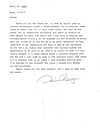
|
2017 apr 22
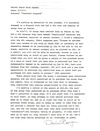
|
2017 apr 22

|
2017 apr 1
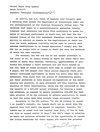
|
2017 apr 1
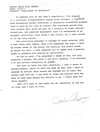
|
More... |
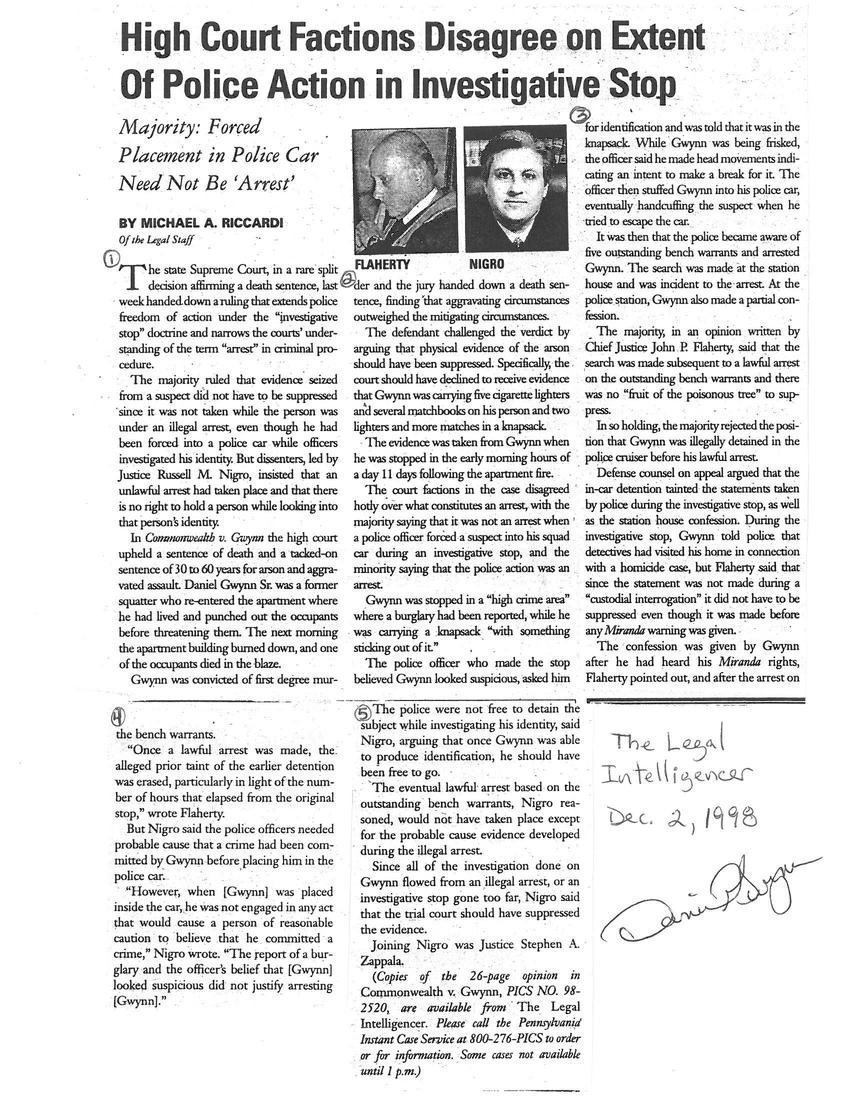

Replies